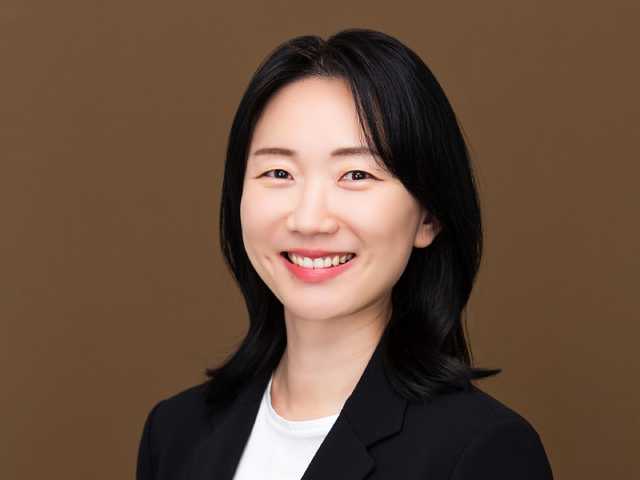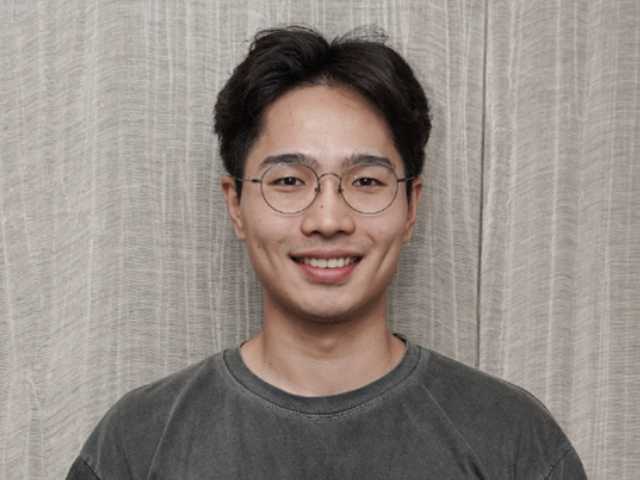CCL Webinar: Understanding amenity clusters in Seoul based on consumer behavior and economic complexity of the cluster

Date: 20 March 2024, 9:00 am
Location: online event
Please, register HERE
Dr. Choi’s talk:

What are the structural relationships of consumption activities within and between amenity clusters that influence consumer behavior? This study aims to deepen our understanding of consumer behavior in the amenity clusters by examining specific locations and spatial patterns of consumer spending. It further investigates the transformations in these patterns brought about during the COVID-19 pandemic, as the widespread adoption of remote work and the imposition of movement restrictions significantly altered consumers’ spatial movement patterns. This research also assesses the lasting effects of these changes in the post-pandemic era. To achieve this, we analyzed various big-data sources, including aggregated data from credit card transactions, measured from 50cm-by-50cm cells, to focus on consumption patterns within Seoul’s amenity clusters. We utilized the economic complexity methods (Hidalgo, 2021) to quantify the relatedness density of consumers’ multiple shopping activities within specific amenity clusters. This study suggests the link between structural characteristics of commercial districts and consumption trip distance via spatial interaction modeling with the gravity approach. Lastly, the study examines the transformations in these relationships that emerged throughout the COVID pandemic.
Dr. Kim’s talk:

This study revisits Christaller’s Central Place Theory (1933), a seminal work in economic geography, with a focus on the structural configuration of a city. Employing a robust data-driven methodology, the research calculates the product and economic complexity indices as proxies for the centrality of goods and services and the significance of place. The empirical analysis investigates the spatial patterns of
these complexity indices in Seoul, concerning economic facilities, labor forces, market boundaries, and customer mobility, utilizing diverse big data sources – including location and industrial field information from approximately 400,000 small business firms, credit card purchase data, floating population data, and residential and working population statistics – to map the economic geographical characteristics. The findings reveal spatial concentrations of key economic facilities and highly productive, knowledge-intensive workers within clusters that exhibit a high level of economic complexity. The study also notes an extended market boundary distance and increased consumer mobility for products and shops characterized by a high level of product complexity. In conclusion, this research significantly contributes to advancing quantitative analysis methods within Central Place Theory by adopting the methodological framework of Hidalgo and Hausmann (2009), which is gaining prominence in the field.
The event is part of CCL’s monthly webinar series. Learn more about the program, and about our invited speakers from our website.
Should you have any questions, please contact Veronika Hamar at veronika.hamar@uni-corvinus.hu